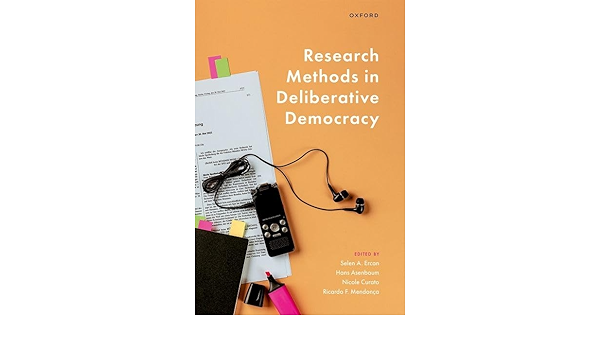Social Network Analysis
In this chapter, we outline how SNA can be used in the study of deliberative processes. Overcoming the old dichotomy that considers agents and structures as separable entities, SNA assumes that agents and structural contexts are combinatory effects of social processes (Granovetter 1985; White 2008). In this way, it provides a lens for the identification and examination of such processes, allowing the measurement
or modelling of their effects on collective life, including the processes of group formation through solidarities and exclusions, collective learning and socialization, emergence of influential leaders, political coalitions, belief formation, social controls and conflict control and, last but not least, the processes of regulation and institutionalization (Lazega 2012).
SILVA, Eduardo M.; RIBEIRO Antônio Carlos A., and HIGGINS, Silvio. Social Network Analysis. In: CURATO et al. Research Methods in Deliberative Democracy, Oxford: Oxford University Press p. 218, 2022. https://doi.org/10.1093/oso/9780192848925.003.0015


